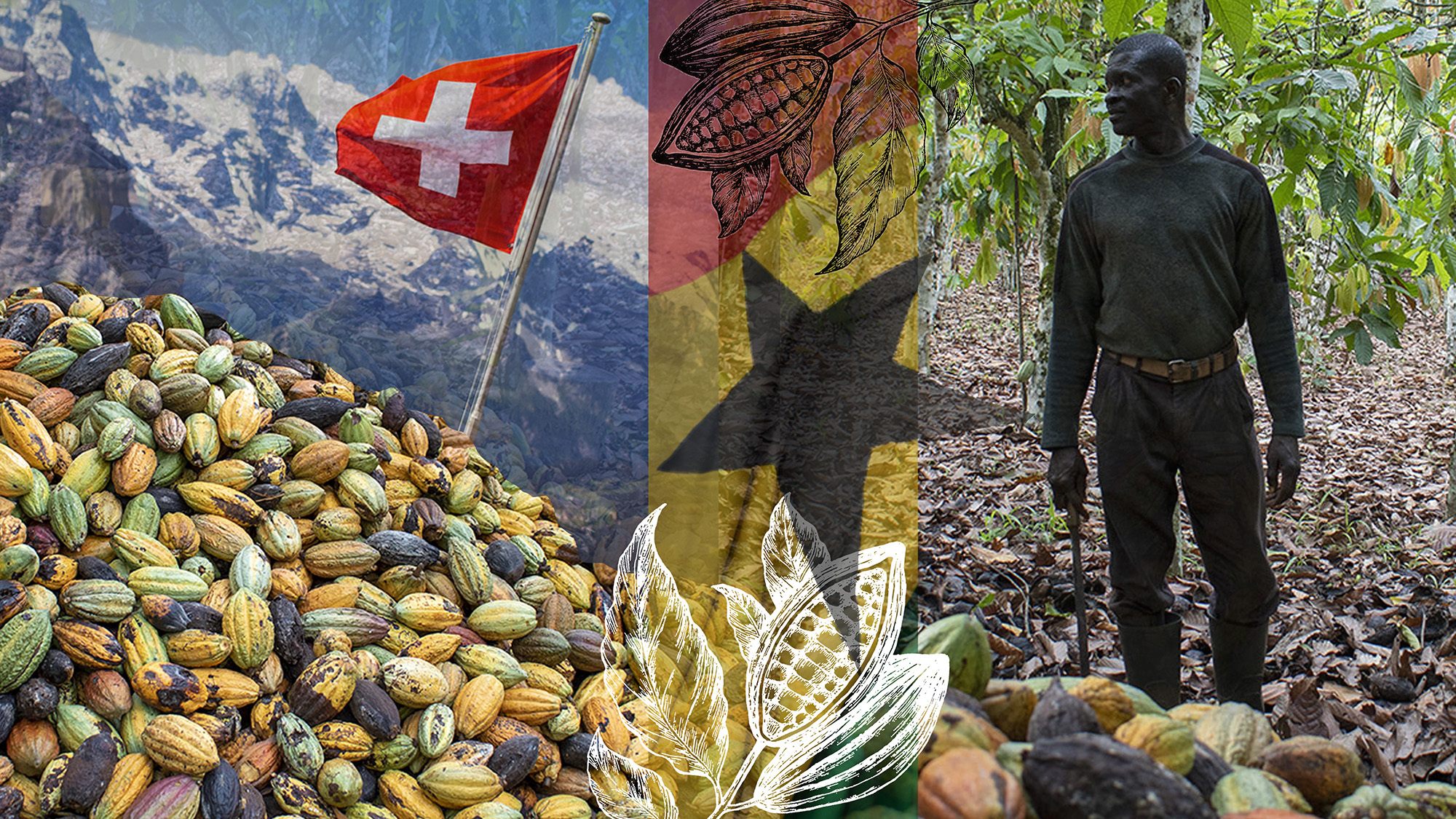
The problems of selling trust
The rise of companies such as Sicpa, Adnovum and Ariadnext that focus on making sure our data is safe has created a conundrum for corporate accountability. The more we rely on them to keep our secrets safe, the less transparent they become. Who holds them accountable then?
It’s not easy to trust things we can’t see but this is increasingly how we live in the digital age. Ironically the companies that are helping build this trust are often the least transparent. Their business model is based on secrecy, on being behind the scenes building the QR codes, the digital stamps, and the invisible ink that reassures us that our privacy, our data, and our goods are safe.
But who are the people and the companies behind this digital trust? Few have ever heard of Sicpa, a Swiss company that produces ink for bank notes and offers tracing technology to battle counterfeit goods in multiple sectors. Its reputation is built on trust. And for almost a century, this trust has relied on secrecy. A family-owned business, Sicpa is not listed on the stock exchange and has no external investors. So far it has been largely ignored by the business press.
My colleagues went behind the glossy websites and glass facades to understand how the company works and why its activities have caught the attention of the Swiss Attorney General.

More
Sicpa – the hidden cost of selling trust
External linkWhat else caught my eye?
Novartis and Sandoz plan to part ways. Novartis announced that it plans to spin off its generics and biosimilars division into a separate company – a decision Novartis CEO said is in the “best interest of shareholders”. Swiss media has reacted positively to the newsExternal link. This should allow Novartis to focus on the big, expensive drugs.
Sandoz appears to be staying in Switzerland, which is a relief to those who didn’t want to see the last remaining name of the pre-Novartis era disappear. But what this means for patients and employees is less clear at this point. There’s growing concern about frequent stock-outs and the number of medicines that have disappearedExternal link because companies stopped making them. Could a separate Sandoz help?
Calls for a windfall tax grow louder in Switzerland. After many Swiss commodity traders like Glencore, Gunvor and Vitol posted record profits in July, Swiss politicians have started to wonder if it’s high time for a super-profits tax. Several countries that have already introduced a tax on oil and gas companies that have seen profits soar on the back of the war in Ukraine and the EU are currently discussing a similar proposal that would include renewable energy companies. I took a look at the heated debate behind calls for a windfall tax.

More
West Africa braces for tough sustainable cocoa rules in Europe
West African cocoa farmers are bracing for sustainability rules. In our new series on cocoa, my colleague Anand Chandrasekhar looks at how commitments to end deforestation are creating strain on cocoa farmers in Ghana. Many are being excluded from cocoa supply chains, which has prompted the government to set up a traceability scheme so farmers can prove that they produce cocoa outside the forest. All of these different schemes and certifications are getting onerous and costly for farmers though, raising questions about whether this is more about appeasing chocolate consumers in rich countries rather than improving the situation for people in cocoa producing countries. Our next installment of the series comes out this weekend.
Campaigners for the Responsible Business Initiative are back. They’ve launched a petition calling on the government to draw up a binding liability law in line with what is being done in the European Union. They argue that the counter proposal that came into force in 2022 has no teeth. They aim to collect 100,000 signaturesExternal link over 100 days to nudge the government to take concrete action. Meanwhile, a proposal is being discussed in the Swiss parliament to include forced labour along with child labour and conflict minerals into the counter-proposal for corporate responsibility. This comes after the publication of the long-awaited UN report on human rights abuses against Uyghur minorities in Xinjiang.
Swiss chocolate manufacturer Lindt & Sprüngli withdrew from the Russian market. It had announced in March that it would cease operations there following the invasion of Ukraine by Russian armed forces but it didn’t decide to leave the country entirely until August. At the time, the CEO said: “We’re not supplying arms or petrol, bear that in mind. But we’re monitoring the situation closely”.

In compliance with the JTI standards
More: SWI swissinfo.ch certified by the Journalism Trust Initiative































You can find an overview of ongoing debates with our journalists here . Please join us!
If you want to start a conversation about a topic raised in this article or want to report factual errors, email us at english@swissinfo.ch.